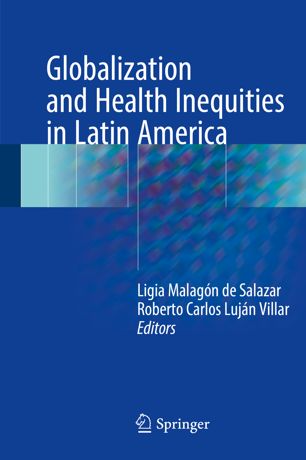

Most ebook files are in PDF format, so you can easily read them using various software such as Foxit Reader or directly on the Google Chrome browser.
Some ebook files are released by publishers in other formats such as .awz, .mobi, .epub, .fb2, etc. You may need to install specific software to read these formats on mobile/PC, such as Calibre.
Please read the tutorial at this link: https://ebookbell.com/faq
We offer FREE conversion to the popular formats you request; however, this may take some time. Therefore, right after payment, please email us, and we will try to provide the service as quickly as possible.
For some exceptional file formats or broken links (if any), please refrain from opening any disputes. Instead, email us first, and we will try to assist within a maximum of 6 hours.
EbookBell Team

4.3
38 reviewsThis book critically analyses the influence of international policies and guidelines on the performance of interventions aimed at reducing health inequities in Latin America, with special emphasis on health promotion and health in all policies strategies. While the implementation of these interventions plays a key role in strengthening these countries’ capacity to respond to current and future challenges, the urgency and pressures of cooperation and funding agencies to show results consistent with their own agendas not only hampers this goal, but also makes the territory invisible, hiding the real problems faced by most Latin American countries, diminishing the richness of local knowledge production, and hindering the development of relevant proposals that consider the territory’s conditions and cultural identity. Departing from this general analysis, the authors search for answers to the following questions:
Based on an extensive literature review, case studies, personal experiences, and interviews with key informants in the region, Globalization and Health Inequities in Latin America presents a strategy that uses monitoring and evaluation practices for enhancing the capacity of Latin American and other low and middle-income countries to implement sustainable processes to foster inclusiveness, equity, social justice and human rights.
<